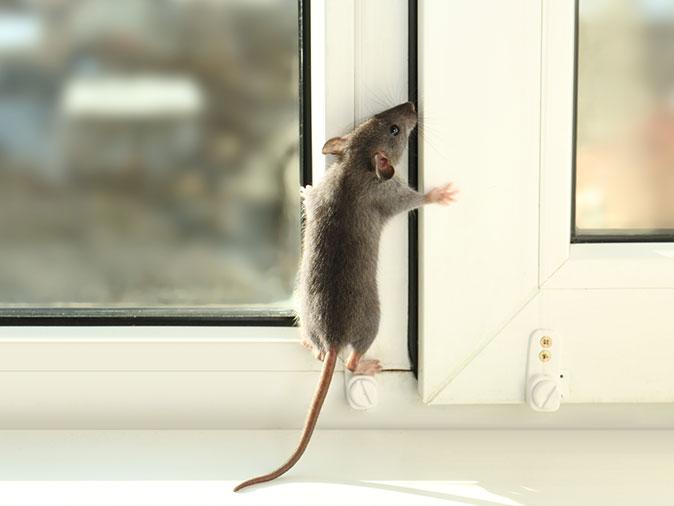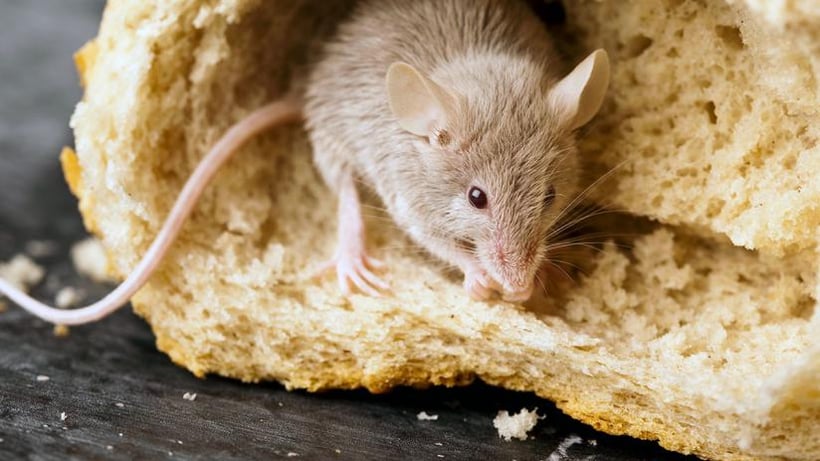Living in a rental property comes with its own sets of challenges, one of which is ensuring that your space remains free from pesky bugs. While homeownership allows for permanent fixes, renters often need to find temporary yet effective solutions. Bug proofing rental windows is crucial as windows are common entry points for insects. In this article, well delve into methods that can help you keep your rental window spaces bug-free, ensuring a tranquil living environment.

Understanding the Importance of Bug Proofing
Why is bug proofing rental windows so important? For starters, these critters can be more than just a nuisance. Insects can carry diseases, cause allergic reactions, and lead to infestations that are not only unpleasant but costly to address. Furthermore, in rental situations, it's vital to address these issues without causing damage to the property.
Identifying Common Pests
Before implementing solutions, its essential to identify the common pests that might infiltrate your rental through windows. Some of the usual suspects include:
1. Mosquitoes
Mosquitoes are notorious for their bites and the diseases they can spread. They are attracted to standing water and can easily enter through open windows without screens.
2. Flies
Flies are not only annoying but can also contaminate food and surfaces with bacteria.
3. Ants
Once ants find their way in, they can establish colonies and invade your kitchen in search of food.
4. Spiders
While some spiders are harmless, others can be venomous. They often enter through gaps and cracks in windows.
Strategies for Bug Proofing Rental Windows
1. Install Screens
The most straightforward solution is to install window screens. If your rental doesn't have screens, consider tension rod screens that can fit within the window frame without permanent installation.
2. Use Weather Stripping
Weather stripping is an excellent way to seal gaps around windows. Its easy to install and can be removed without damaging the property, making it ideal for rental situations.
3. Apply Caulk to Cracks
Check for cracks or openings around window frames. Applying a temporary caulk can seal these gaps, preventing bugs from entering.
4. Utilize Natural Repellents
Natural repellents like essential oils can be effective in deterring insects. For instance, peppermint oil is known to repel spiders and ants. You can find a simple recipe for a homemade peppermint spray thats easy to make and apply.
Additional Tips for a Bug-Free Home
In addition to addressing window-specific issues, maintaining a clean home environment is key. Regularly dispose of garbage, clean kitchen surfaces, and store food in airtight containers. These practices can significantly reduce the attractiveness of your rental to pests.
Seeking Professional Help
Sometimes, despite best efforts, bugs can be persistent. In such cases, seeking professional pest control services is advisable. You can read about the top pest control companies for rental properties to better understand your options.
Conclusion
Ensuring your rental windows are bug-proof is an essential step in maintaining a peaceful living environment. By implementing the strategies discussed, you can effectively minimize the intrusion of unwanted pests. Remember, the key is to use solutions that are effective yet non-damaging to the property. For more insights on maintaining a pest-free rental, consider checking out resources like how to protect your Airbnb from pests.

FAQs
What is the best way to seal windows to keep bugs out?
The best way is to use a combination of window screens and weather stripping. Both are effective at preventing bugs while being non-invasive to the property structure.
Are natural repellents effective for bug proofing?
Yes, natural repellents like essential oils can be quite effective. Peppermint oil, for instance, is known for repelling a variety of insects.
Should I contact my landlord about pest issues?
Always inform your landlord about pest issues, as it may be part of their responsibility to handle pest control, especially if the infestation is significant.
